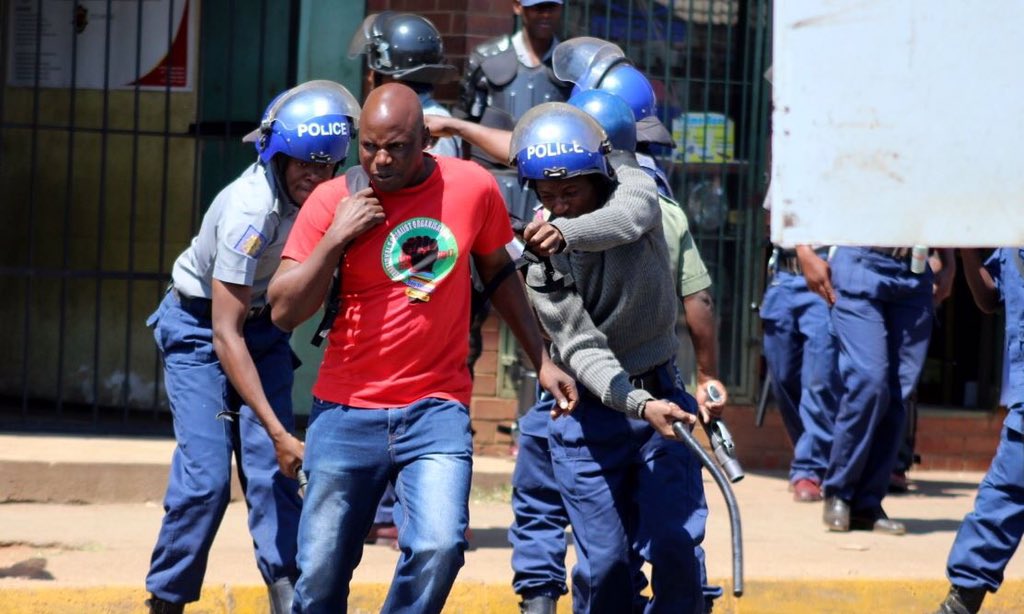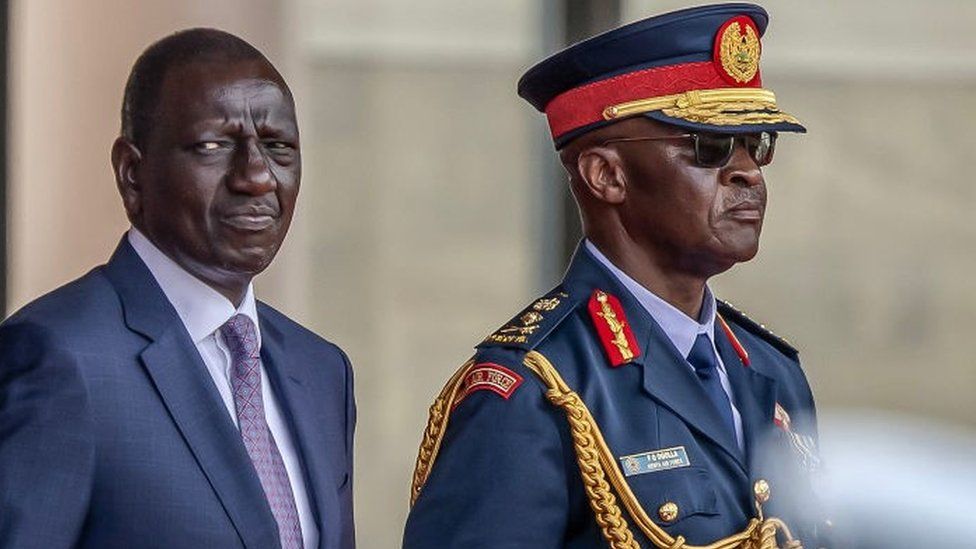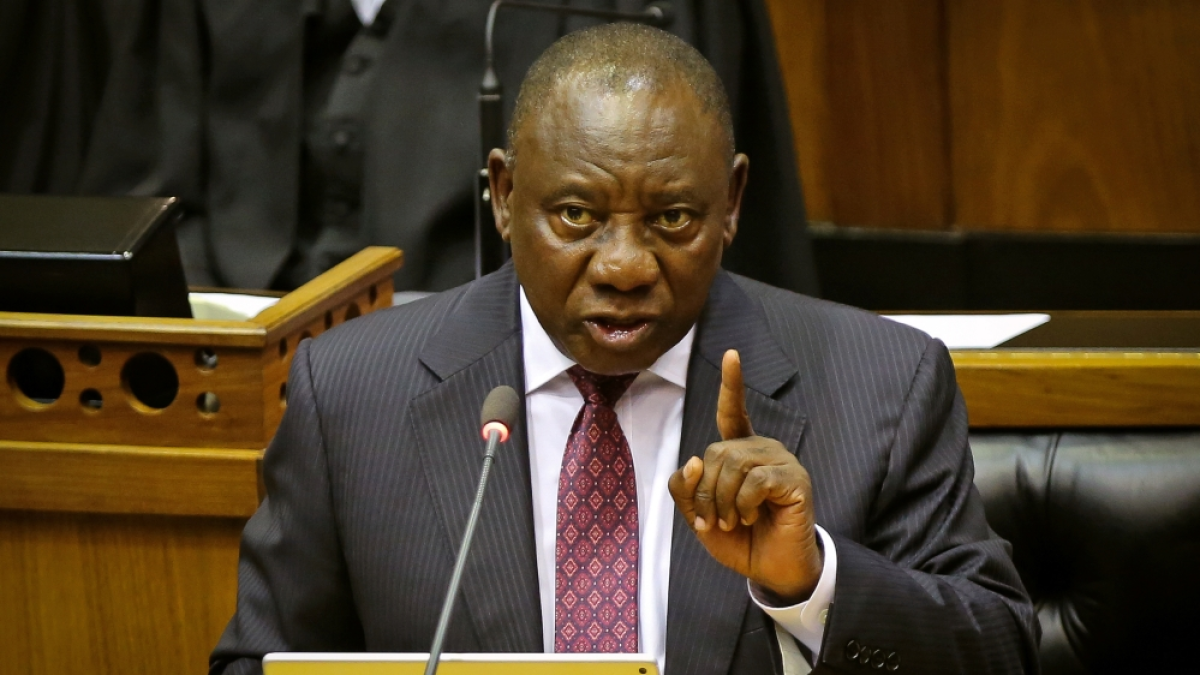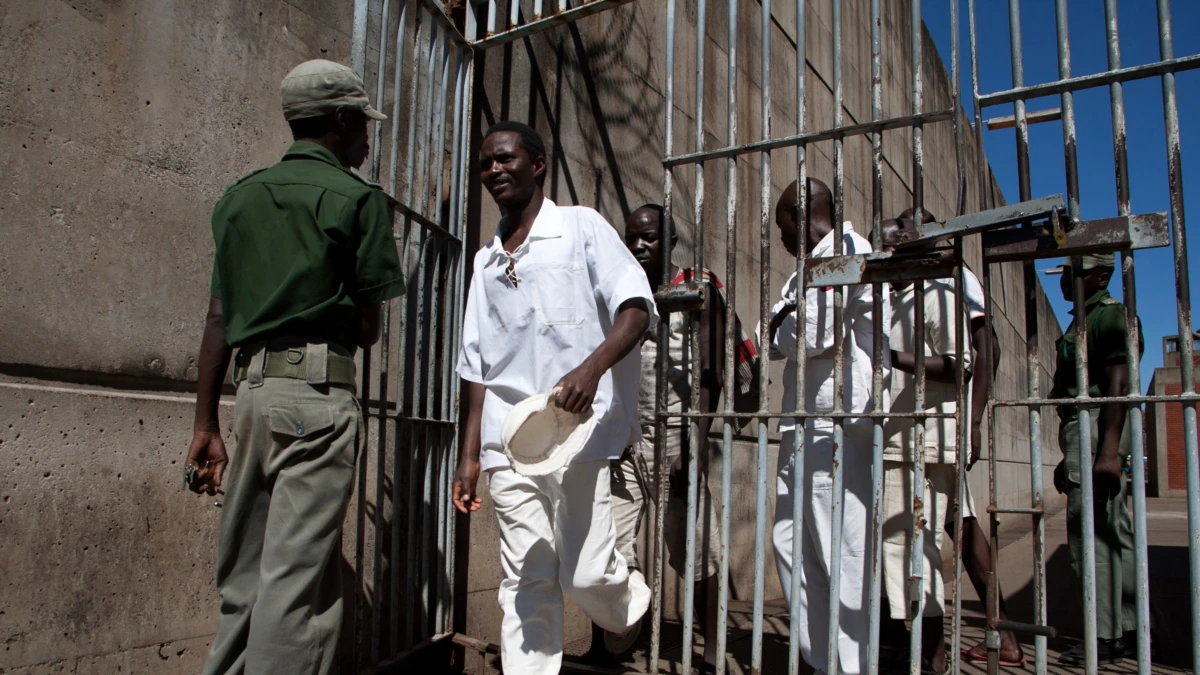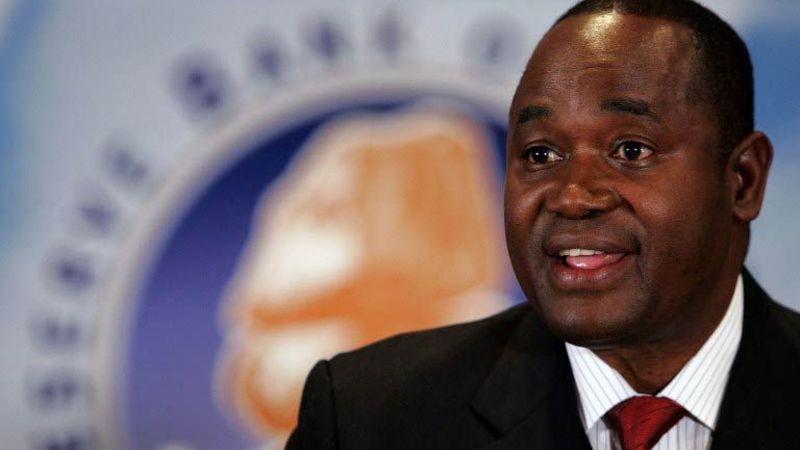THE Zimbabwean constitution is modelled a lot on the South African constitution, so much so that when Nelson Chamisa campaigned on the values that are enshrined in it, Zanu PF Twitter Googled and criticised him for plagiarising the SA constitution not knowing that the same message was exactly in ours and he was pledging to fulfil our own.
Reflecting on our Constitutional Court ruling on the July 30 elections, I got thinking if the SA Constitutional Court would have enthusiastically crushed the opposition petition as our court did. Chief Justice Luke Malaba was like a high school debater, pouncing on the opposition case as if there was totally no merit and exposing the low standards we have set for our state institutions. The ruling brought to light the state of Zimbabwe governance and the fact that almost all our institutions seem to want to rule over the people and do not seek to serve them.
In the secret ballots case, South Africa’s Chief Justice Mogoeng Mogoeng wrote: “Since constitutions and good governance do not self-actualise, governance structures had to be created to breathe life into our collective aspirations. Hence the existence of the legislative, executive and judicial arms of the State. They each have specific roles to play and are enjoined to inter-relate as foreshadowed by the following principle that guided our constitution-making process:
“There shall be a separation of powers between the legislature, executive and judiciary, with appropriate checks and balances to ensure accountability, responsiveness and openness.
“Knowing that it is not practical for all 55 million of us to assume governance responsibilities and function effectively in these three arms of the State and its organs, we the people designated messengers or servants to run our constitutional errands for the common good of us all. These errands can only be run successfully by people who are unwaveringly loyal to the core constitutional values of accountability, responsiveness and openness. And this would explain why all have to swear obedience to the Constitution before the assumption of office.
“Public office, in any of the three arms, comes with a lot of power. That power comes with responsibilities whose magnitude ordinarily determines the allocation of resources for the performance of public functions. The powers and resources assigned to each of these arms do not belong to the public office-bearers who occupy positions of high authority therein. They are therefore not to be used for the advancement of personal or sectarian interests.
“Amandla awethu, mannda ndiashu, maatla ke a ronaor matimba ya hina (power belongs to us) and mayibuye iAfrika (restore Africa and its wealth) are much more than mere excitement-generating slogans. They convey a very profound reality that State power, the land and its wealth all belong to ‘we the people’, united in our diversity. These servants are supposed to exercise the power and control these enormous resources at the beck and call of the people.
Since State power and resources are for our common good, checks and balances to ensure accountability enjoy pre-eminence in our governance system.”
From the above quote, and numerous other judgements, it is quite clear that the South African Constitutional Court places the state at the service of the people and their mandate is to offer a just and fair service. The Constitutional Court in Zimbabwe took the electoral challenge as a criminal case where the opposition had to prove fault. It was not concerned with the fact that the Electoral Commission (ZEC) an institution created to serve the people in the search of a new government was not completely open to the people and carried its work from a top down approach.
I am not a law expert, but the judgement is symptomatic of the Zimbabwean problem where the politics or politicians are the ones that end up determining what is good for the people, in the end we end up with an election where no-one can tell anyone what the absolute quantitative result is. The constitution is just words.
ZEC should openly and transparently avail data. There was no reason why ZEC did not avail the server on which primary data was inputted, once a dispute arose, not least because their main interest is to avoid disputes, open up to scrutiny and be seen to be fair.
Recently, journalist Violet Gonda was denied a passport by the Registrar General because there is a supposed “stop list” under which when you are listed, you can be refused access to your travel or identity documents without any legal process. The implied authority and arrogance of the people at the office makes you wonder if they realise that without the people, there would not be any jobs or offices for them. The officials at the Registrar General’s office end up making us jump up and down for documents that belong to us. Public servants become too important for the people they serve.
I spent most of my preteen years in and around police camps, my father being a police officer. For that reason, I have never been afraid of the police. In most cases though, I have seen people having their rights violated in the charge office despite the existence of numerous service charters that place the police at the service of the people. There is always a need to instil fear from the officer thus disorientating the client.
Is the riot police supposed to be attacking people in shops, beerhalls, taxis as has become the norm? In a country where public institutions exist to serve the people, this would have been addressed already as it is simply unacceptable. The continued roughshod treatment of vendors in a country where there is a high levels of unemployment under the pretext of cholera prevention should not be tolerated. If vendors are to be moved, a government that serves the people would create the suitable conditions and trading areas, licence them and then move them.
Zimbabwean institutions must stand for what is legal, what is just and constitutional, and our courts must exist to affirm their rights.
Zimbabwe has numerous challenges, some that may take long to fix but respecting our constitution and the rights of the citizen does not need money but just good honest leadership. The democratic project goes beyond winning elections and then choosing to rule over voters as if they are subjects. There is a lot of talk about servant leadership and this would start by implementing policies that serve the people and that do not elevate elected officials into venerated positions, that turns politicians and those around them into vultures that feed into a predatory state.
Our 2013 constitution was the right step, its full implementation is needed for us to progress as a nation. It is not right that we sit in a country where the Zimbabwe National Army can murder six Zimbabweans and to date there is no police investigation or military police investigation just a commission of Inquiry as if state sanctioned murder is supposed to be normal.
